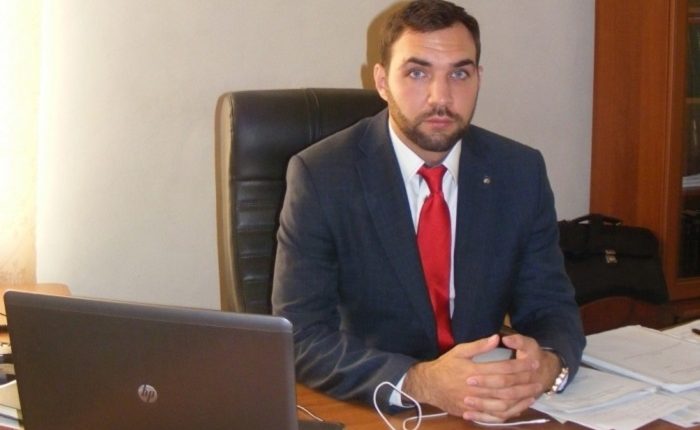Case description
On March 18, 2019, the Kyivskyi District Court of Odesa found Dmytro Franchuk, the former head of the Zakhariv District State Administration in Odesa region, guilty of illegally issuing himself bonuses worth more than UAH 65,000. Eventually, the Anti-Corruption Court sentenced the former official to 2 years with additional penalties.
In 2015–2016, Dmytro Franchuk was the head of the Zakhariv District State Administration in Odesa oblast. In autumn 2016, he sent a letter to the then-governor of the region, Saakashvili, asking him to approve bonuses “for the intensity of performance and particularly important work”. Then he allegedly verbally appealed to Saakashvili's deputy to put a resolution on the letter. Although this letter was signed, it was not actually sent to Saakashvili for consideration, as the investigation noted.

Franchuk explained that during the interview, he was promised a salary increase from the state salary to USD 2000 at the expense of donor organizations. He also said that he did not see the moment when the signature was put in the Regional State Administration. In total, his bonuses amounted to 695% of his salary, which is more than UAH 65,000.
Kyivskyi District Court of Odesa classified Franchuk's actions under Article 191, part 2 of the Criminal Code of Ukraine. He was sentenced to 3 years in prison with a ban on holding certain positions for 3 years. Franchuk was also charged with the same 65,000 of bonuses. The SAPO noted that this was the first conviction with a real prison sentence.
Having considered the appeals, the HACC Appeals Chamber overturned Franchuk's sentence and closed the criminal proceedings. This was the first time in history that the HACC Appeals Chamber overturned a guilty verdict.
The Supreme Court, in turn, overturned this ruling and ordered a new appellate hearing, also for the first time in relation to judgments of the Anti-Corruption Court. However, during the reconsideration, the HACC Appeals Chamber, in fact, reinstated the guilty verdict of the Odesa Court with a change in the main sentence—two years in prison instead of three. This time, the Supreme Court upheld the appellate decision.





